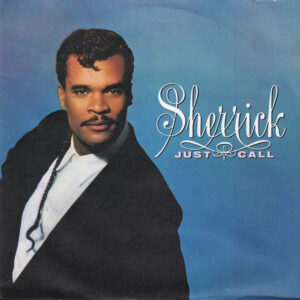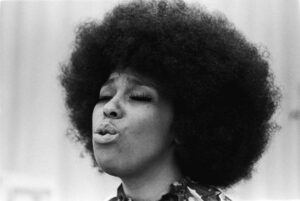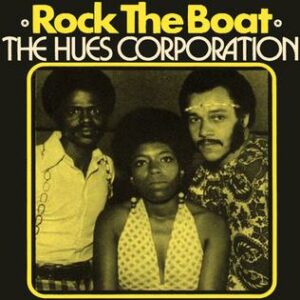(March 18, 2017) In the historyof Rock & Roll, Rhythm and Blues and so many other popular styles of music that have emerged over the past century, Charles Edward Anderson “Chuck” Berry stands on the Mount Rushmore of pioneers. The incredible guitarist, singer and songwriter has died at age 90.
Berry emerged in the 1950s with such classic hits as “Maybellene,” “Roll Over Beethoven,” “Rock and Roll Music,” “Johnny B. Goode” — songs that would be recorded hundreds of times by othes and that would help establish the new form of upbeat, guitar-driven music, with lyrics that spoke to the life of teenagers, that would dominate popular radio for the remainder of the 20th Century. It is a fair question to ask to what level the fame and acceptance of artists ranging from the Beatles to Bruce Springsteen to the Isley Brothers was smoothed by the paths paved by Berry.
Born into a middle-class family in St. Louis, Missouri, Berry had an interest in music from an early age. While still a high school student he was convicted of armed robbery and was sent to a reformatory, where he was held from 1944 to 1947. After his release, Berry settled into married life and worked at an automobile assembly plant.
But the music bug was in him, and, influenced by 1940s swing artist Louis Jordan and blues musician T-Bone Walker, Berry began to experiment with new sounds and a new type of showmanship for popular music. His break came when he traveled to Chicago in May 1955 and met Muddy Waters, who suggested he contact Leonard Chess, of Chess Records. With Chess he recorded “Maybellene”—Berry’s adaptation of the country song “Ida Red”—which sold over a million copies, reaching number one on Billboard magazine’s rhythm and blues chart. By the end of the 1950s, Berry was an established star with several hit records and film appearances and a lucrative touring career. He had also established his own St. Louis nightclub, Berry’s Club Bandstand.
Berry had more hits in the mid-1960s, including “No Particular Place to Go,” “You Never Can Tell,” and “Nadine.” By the mid-1970s, he was more in demand as a live performer, playing his past hits with local backup bands of variable quality.
Berry was among the first musicians to be inducted into the Rock and Roll Hall of Fame on its opening in 1986; he was cited for having “laid the groundwork for not only a rock and roll sound but a rock and roll stance.” Berry is included in several of Rolling Stone magazine’s “greatest of all time” lists; he was ranked fifth on its 2004 list of the 100 Greatest Artists of All Time. The Rock and Roll Hall of Fame’s 500 Songs That Shaped Rock and Roll includes three of Berry’s: “Johnny B. Goode,” “Maybellene,” and “Rock and Roll Music.”
It is difficult to overemphasize the role that Berry played in the development of 20th Century music. And even though most fans today only know him as a fun “oldies” act, he was the ultimate “new” artist of the 1950s and 60s, bringing a new style of music and a new style of entertainment that paved the way for the next two generations of stars. He will be greatly missed and deeply remembered.









